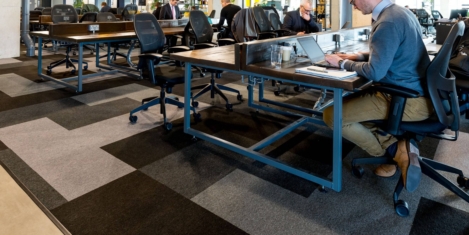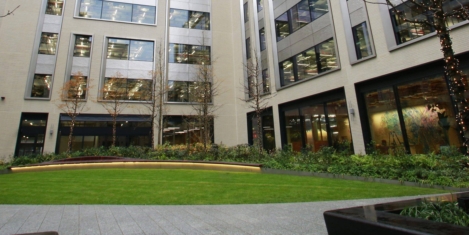July 11, 2018
Avenue HQ is named as Coworking Space of the Year by IPSE
 Liverpool’s Avenue HQ has been crowned ‘National Co-Working Space of the Year’ by The Association of Independent Professionals and the Self-Employed (IPSE). The award claims to ‘recognise and celebrate the important role coworking spaces play in creating a nurturing, inclusive and stimulating environment for the UK’s 4.8 million-strong self-employed workforce’. The coworking industry is booming globally as companies of all sizes recognise the importance of working environment on employee and business performance. Pioneered by start-ups, entrepreneurs and freelancers, a growing number of companies, large and small, are incorporating the concept and rapidly reaping the benefits.
Liverpool’s Avenue HQ has been crowned ‘National Co-Working Space of the Year’ by The Association of Independent Professionals and the Self-Employed (IPSE). The award claims to ‘recognise and celebrate the important role coworking spaces play in creating a nurturing, inclusive and stimulating environment for the UK’s 4.8 million-strong self-employed workforce’. The coworking industry is booming globally as companies of all sizes recognise the importance of working environment on employee and business performance. Pioneered by start-ups, entrepreneurs and freelancers, a growing number of companies, large and small, are incorporating the concept and rapidly reaping the benefits.


































July 5, 2018
The top five songs about office life and office furniture
by Mark Eltringham • Comment, Furniture, Workplace design